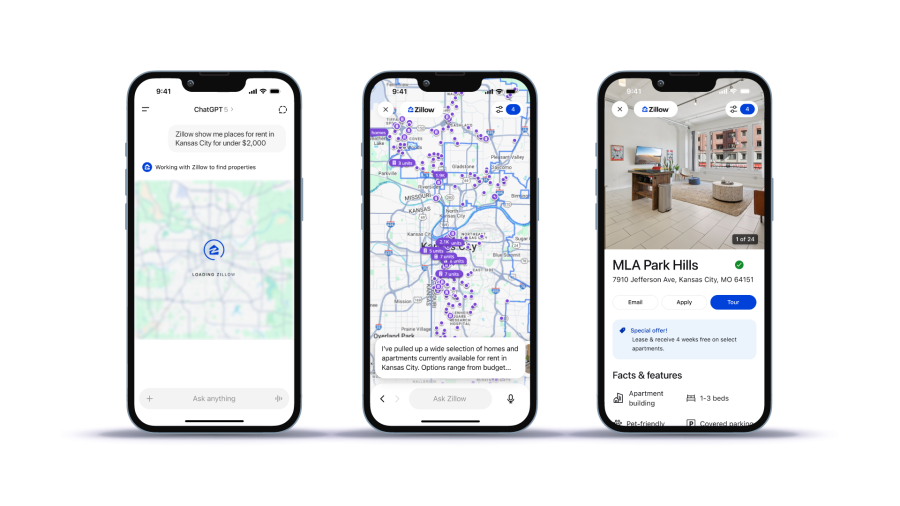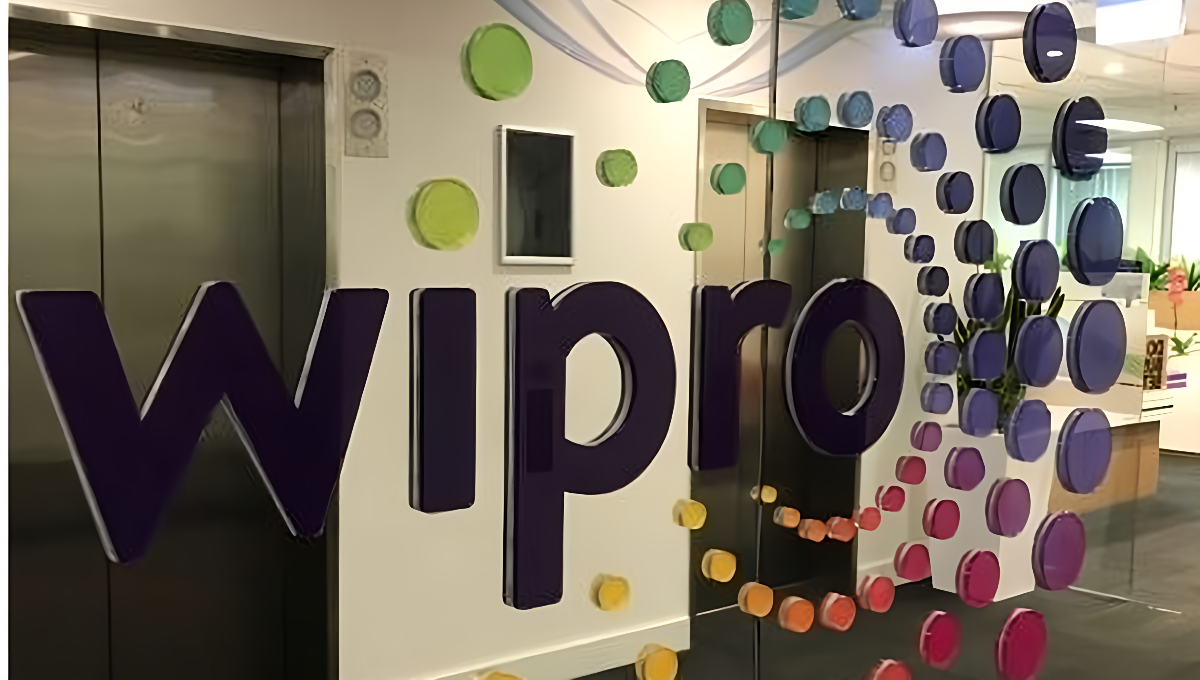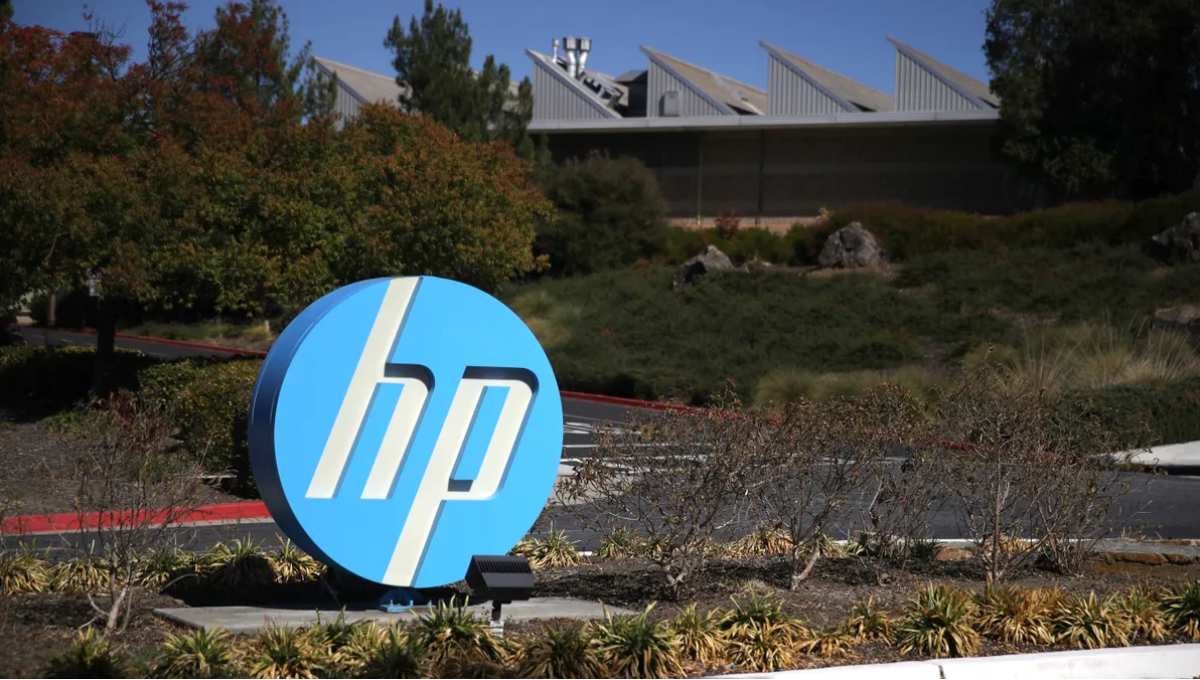OpenAI is introducing a powerful new feature that lets developers build interactive applications directly within ChatGPT. Starting Monday, users will be able to use apps from companies like Booking.com, Expedia, Spotify, Figma, Coursera, Zillow, and Canva—right inside their ChatGPT conversations. Alongside this rollout, OpenAI is releasing a developer preview of its Apps SDK, a new toolkit designed to help developers create these integrated experiences.
The announcement was made at OpenAI’s annual DevDay 2025 event, where CEO Sam Altman emphasized the company’s goal to make ChatGPT a tool that helps people be more productive, creative, and effective in their daily lives. Altman described the new apps feature as enabling a fresh wave of adaptive, interactive, and personalized applications that users can engage with naturally through conversation.
You can now chat with apps in ChatGPT. pic.twitter.com/T9Owi3POim
— OpenAI (@OpenAI) October 6, 2025
This move marks OpenAI’s latest effort to expand the ChatGPT ecosystem and make its AI assistant even more central in users’ lives. Previously, the company launched the GPT Store, a separate marketplace for AI-powered tools. But this new approach brings apps directly into the ChatGPT interface, allowing users to seamlessly call up services as part of their regular chats.
Instead of navigating to a separate platform, users can now simply mention the name of an app in their message to activate it. For example, saying “Figma, turn this sketch into a workable diagram” will trigger the Figma app. Similarly, asking “Coursera, can you teach me something about machine learning?” brings Coursera into the conversation.
During a demonstration, ChatGPT was used to explore apartment listings via the Zillow app. A user described their housing needs, and ChatGPT responded with an interactive map showing suitable listings within a specified price range. The user could then continue the conversation to ask follow-up questions about each property.

ChatGPT will also be proactive in suggesting apps that may be helpful during a conversation. For instance, if someone mentions needing a playlist for an upcoming party, ChatGPT might automatically call up the Spotify app. OpenAI also mentioned that more apps—including those from DoorDash, Instacart, Uber, and AllTrails—will be coming soon.
The foundation of this new functionality is the Model Context Protocol (MCP), which lets developers connect their services and data to ChatGPT. These apps are capable of performing actions, rendering interactive UIs, and even playing videos that can be customized based on what the user wants.
Users who already subscribe to a particular service can log in directly through ChatGPT to access premium features or personalized content. OpenAI also revealed that app monetization will be supported in the future, including the use of its recently introduced Instant Checkout system.
That said, there are still important questions about privacy and data access. OpenAI says app developers are required to collect only the data they truly need and must clearly state what permissions they’re asking for. However, it’s still unclear how much of a user’s conversation will be visible to third-party apps—whether just the triggering message or more of the chat history. It’s also unknown how ChatGPT will decide which service to surface when multiple similar apps are available, although OpenAI insists that user experience will remain the top priority.
Also Read:
OpenAI launches AgentKit to empower developers to build and ship AI agents
AMD signs AI chip-supply deal with OpenAI, gives it option to take a 10% stake










